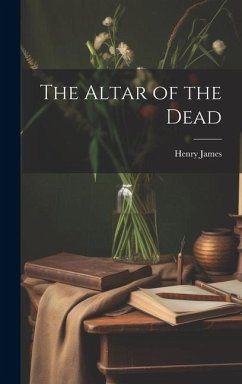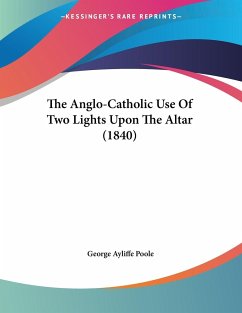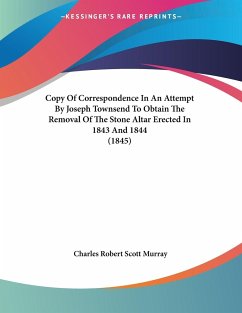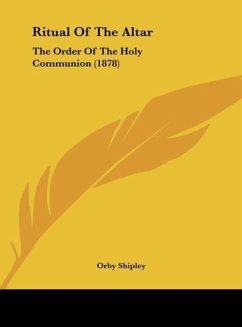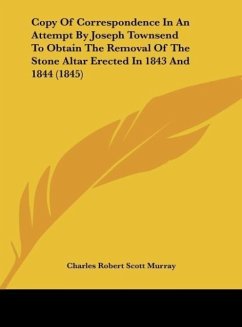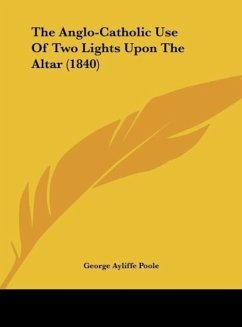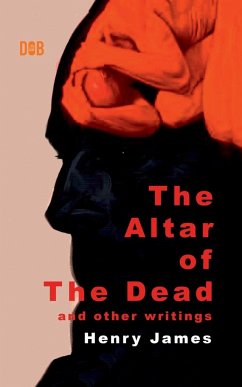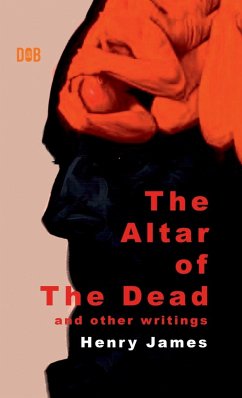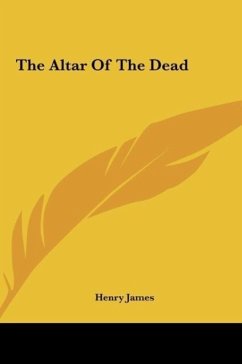
Henry James
Gebundenes Buch
The Altar Of The Dead
Versandkostenfrei!
Versandfertig in 1-2 Wochen

PAYBACK Punkte
12 °P sammeln!




HE had a mortal dislike, poor Stransom, to lean anniversaries, and loved them still less when they made a pretence of a figure. Celebrations and suppressions were equally painful to him, and but one of the former found a place in his life. He had kept each year in his own fashion the date of Mary Antrim's death.
Born in 1843 in New York City, Henry James was the son of theologian Henry James Sr. and the brother of philosopher William James. He spent his formative years between Europe and America, receiving an eclectic education that exposed him to diverse cultures and ideas. This transatlantic upbringing profoundly influenced his literary perspective, leading him to explore the contrasts between the Old and New Worlds in his works.James's literary career began with short stories and critical essays, but he gained prominence with novels like The American (1877) and Daisy Miller (1878). His writing often delved into the complexities of social interactions and the subtleties of personal relationships, reflecting his keen observations of society. His nuanced characterizations and intricate narratives earned him a reputation as a master of psychological realism.In his later years, James continued to produce significant works, including The Wings of the Dove (1902) and The Ambassadors (1903). He became a British citizen in 1915, a year before his death in 1916, underscoring his deep connection to Europe. Today, Henry James is celebrated as a pivotal figure in 19th-century literature, whose exploration of consciousness and perception paved the way for modernist writers.

Produktdetails
- Verlag: Kessinger Publishing, LLC
- Seitenzahl: 34
- Erscheinungstermin: 23. Mai 2010
- Englisch
- Abmessung: 260mm x 183mm x 7mm
- Gewicht: 280g
- ISBN-13: 9781161456257
- ISBN-10: 1161456252
- Artikelnr.: 31025353
Herstellerkennzeichnung
Libri GmbH
Europaallee 1
36244 Bad Hersfeld
gpsr@libri.de
Für dieses Produkt wurde noch keine Bewertung abgegeben. Wir würden uns sehr freuen, wenn du die erste Bewertung schreibst!
Eine Bewertung schreiben
Eine Bewertung schreiben
Andere Kunden interessierten sich für


